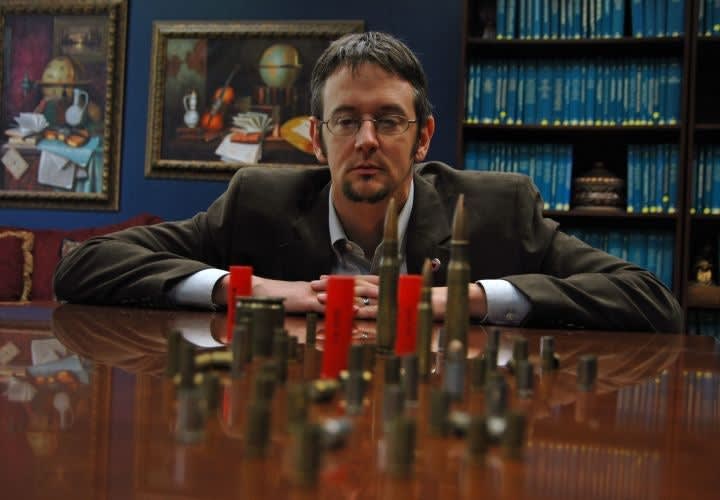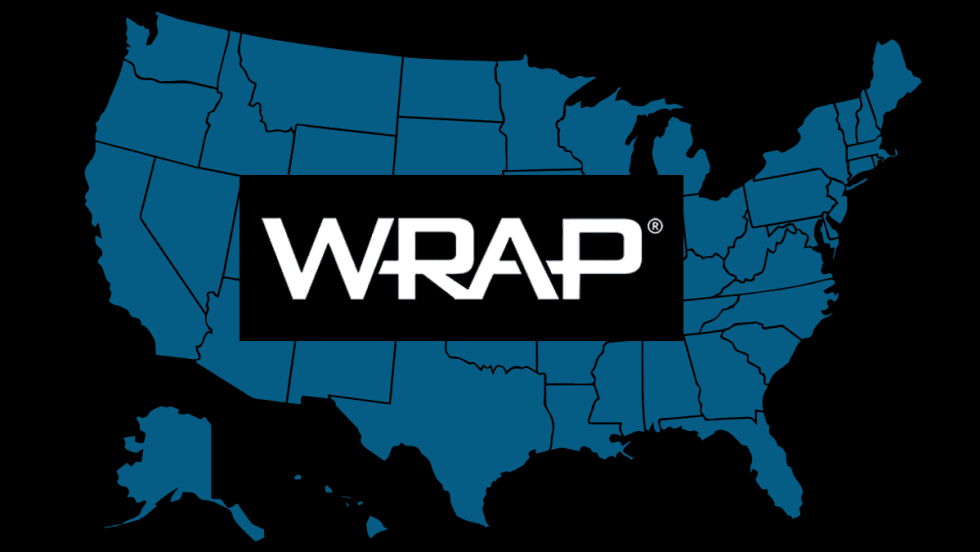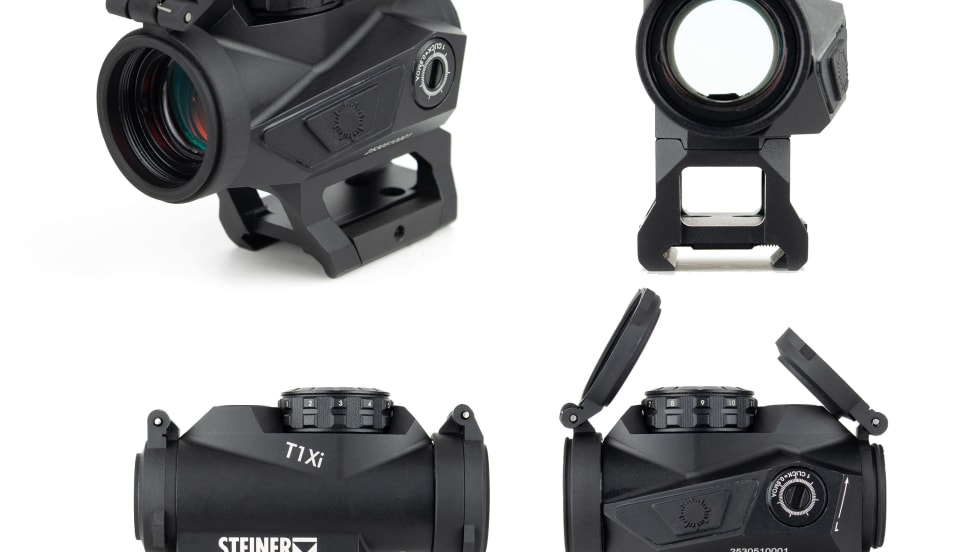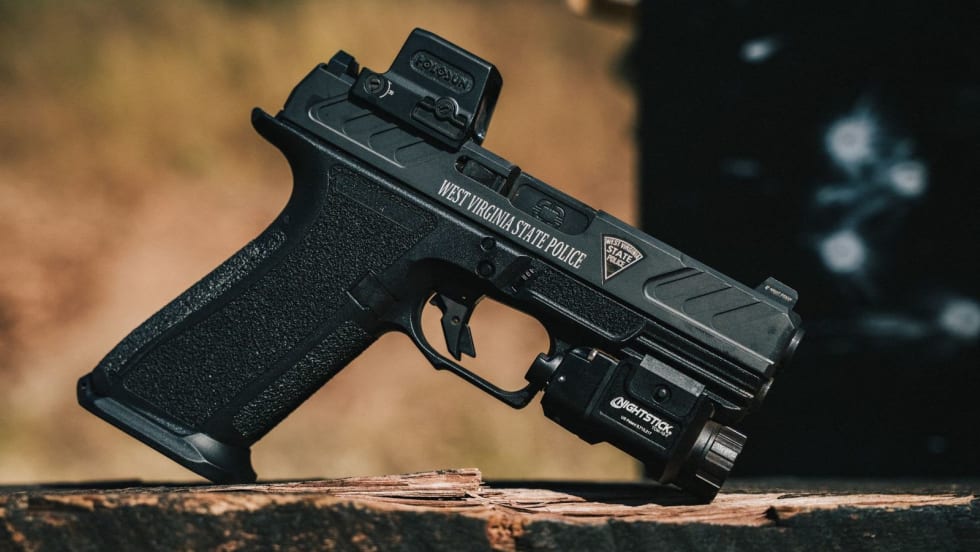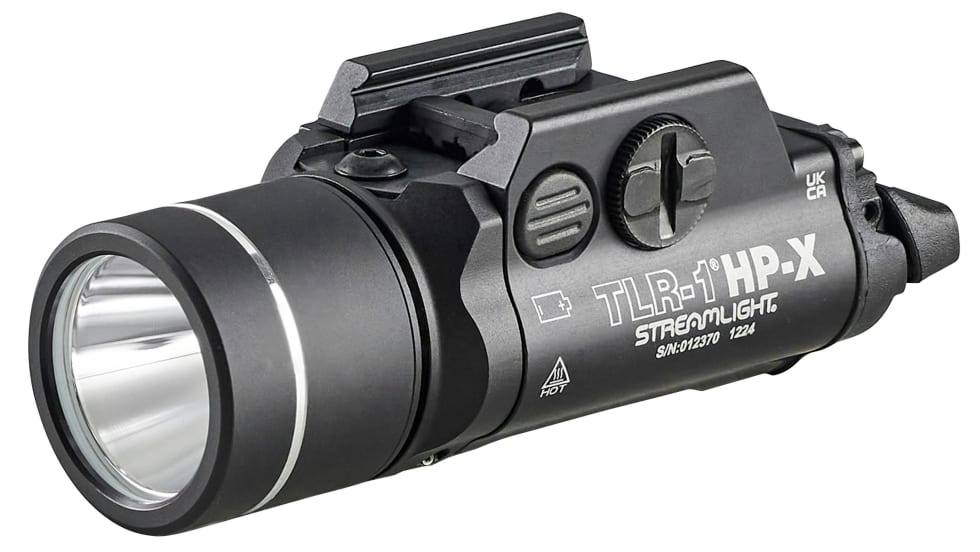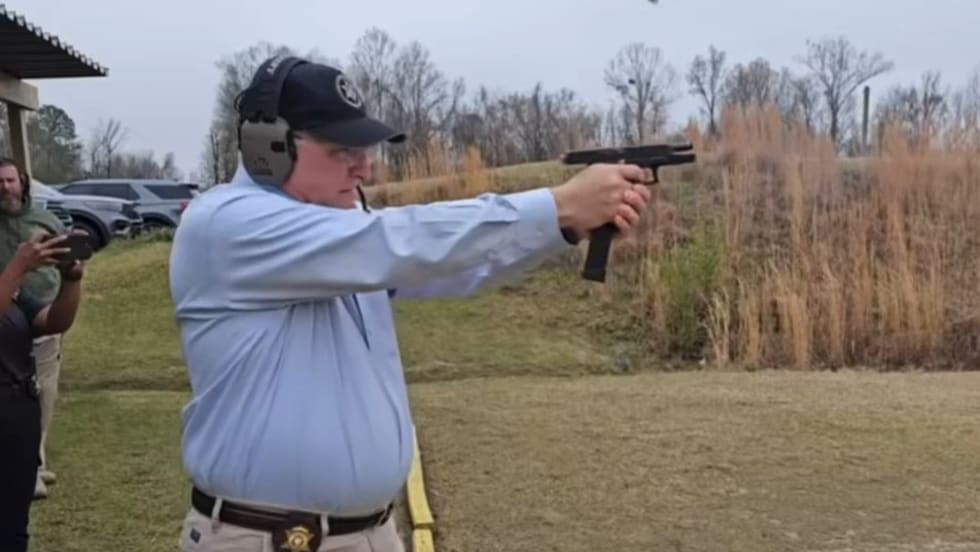A Sam Houston State University criminal justice professor received a grant from the National Institute of Justice to study the use and effectiveness of a national ballistics evidence database.
The National Integrated Ballistic Information Network, operated by the federal Bureau of Alcohol, Tobacco, Firearms and Explosives (ATF), allows a nationwide comparison of ballistics evidence to determine if different crimes are connected to a single firearm.
Spent cartridges found at crime scenes possess unique tool marks that link them to the weapon, in a similar way that fingerprints identify a suspect, according to William King, project researcher and Sam Houston State University associate professor.
The NIBIN system scans images of these tool marks, digitizes them, and adds them to a national database of criminal evidence that can then be searched by local law enforcement agencies.
King and his research team will study how the database is used across the system, how detectives use ballistics information in their investigations, and why some law enforcement agencies don't use the system. The study will also identify the NIBIN's successes and challenges, and determine best practices for improving the database's effectiveness.
Now, 156 agencies participate in the system,according to the NIBIN. Since the program's creation, over 1.6 million pieces of evidence have been entered in the system and have produced over 34,000 links between two different crime investigations.
King's study is funded through May 2012 and his research team will include colleagues Vincent Webb, dean of criminal justice, William Wells, associate professor of criminal justice, and Chi-Chung (Jorn) Yu, assistant professor of criminal justice.


